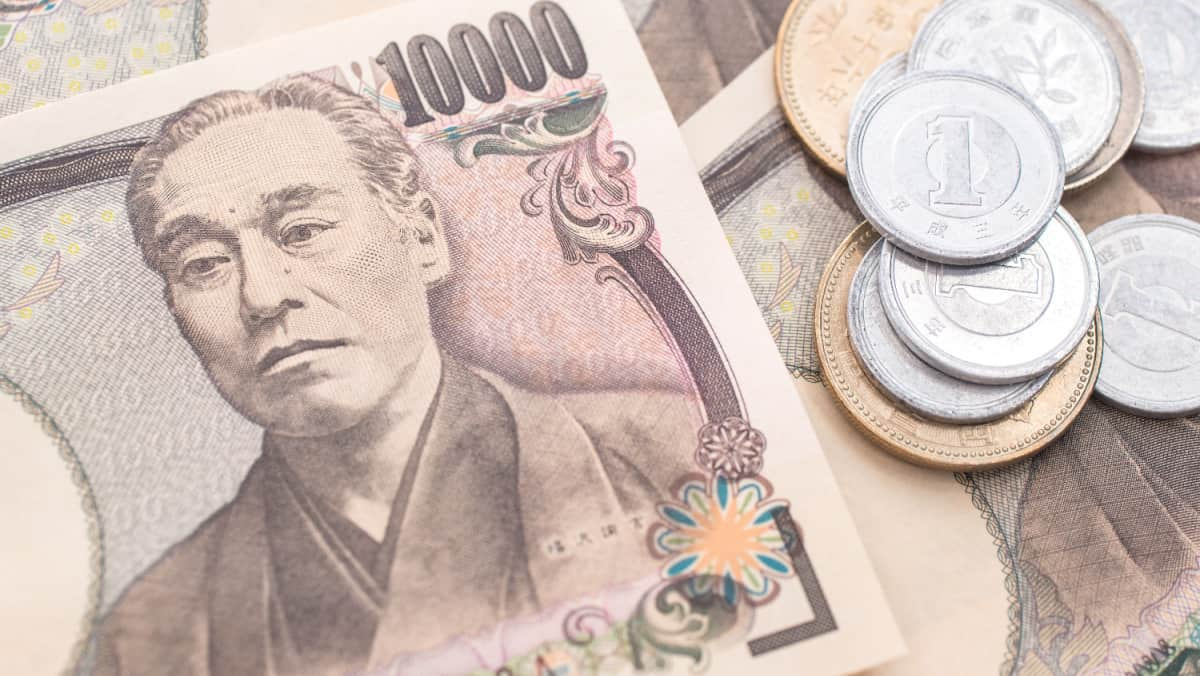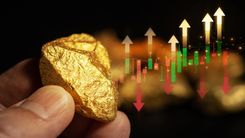Tuesday Mar 19 2024 11:40

6 min

The Bank of Japan (BoJ) ended eight years of negative interest rates and other remnants of its unorthodox policy on Tuesday, marking a historic shift away from trying to stimulate growth with decades of massive monetary stimulus.
While the move was Japan's first rate hike in 17 years, it still keeps interest rates near zero as a fragile economic recovery will likely force the Japanese central bank to go slow on further increases in borrowing costs.
The shift makes Japan the last central bank to exit negative rates, ending a period marked by aggressive monetary interventions to bolster growth.
"We reverted to a normal monetary policy targeting short-term interest rates, as with other central banks," Governor Kazuo Ueda said at a press conference after the decision. "We will choose the appropriate level of short-term rates in line with our economic and price outlook."
Calculate your hypothetical required margin for a Forex position, if you had opened it now..
Category

Instrument


Bid
Ask
Account Type
Direction
Quantity
Amount must be equal or higher than
Amount should be less than
Amount should be a multiple of the minimum lots increment
USD
EUR
GBP
CAD
AUD
CHF
ZAR
MXN
JPY
Leverage
Required Margin
Required Margin
Current conversion price:
Past performance is not a reliable indicator of future results.
In a move widely anticipated by markets, the BoJ abandoned its 2016 policy of imposing a 0.1% fee on some excess reserves held by financial institutions at the central bank. Instead, it introduced the overnight call rate as the new benchmark, deciding to guide it within a range of 0-0.1%, partially through offering 0.1% interest on central bank deposits.
Frederic Neumann, chief Asia economist at HSBC in Hong Kong, commented on the move to Reuters:
"The BOJ today took its first, tentative step towards policy normalisation. The elimination of negative interest rates in particular signals the BOJ's confidence that Japan has emerged from the grip of deflation”.
The Japanese central bank also abandoned yield curve control (YCC) — a policy that had been in place since 2016 that capped long-term interest rates around zero. In a statement announcing the decision, the BoJ said it aims to maintain government bond purchases at "broadly the same amount” — while being ready to increase them if yields surge.
The BoJ also ceased buying riskier assets like exchange-traded funds (ETFs) and real estate investment trusts.
"We judged that sustainable, stable achievement of our price target came in sight," the central bank said in a statement explaining the decision to dismantle former Governor Haruhiko Kuroda's huge stimulus programme.

With Japan’s inflation rate exceeding the BoJ’s 2% target for over a year, many market players had forecast an end to the negative interest rate policy either in March or April.
Expectations for a shift this week jumped after wage negotiations between major firms and Japanese trade unions delivered the biggest pay hikes in 33 years.
In a sign future rate hikes will be moderate, the BoJ said in the statement that it expects "accommodative financial conditions will be maintained for the time being."
The decision introduced volatility in Japanese stocks and weakened the yen, reflecting concerns over the pace of future rate adjustments and their impact on Japan's heavy public debt and global markets. The Japanese yen fell to almost 150 per U.S. dollar, as investors took the BOJ's cautious stance as a sign that the interest rate differential between Japan and the U.S. might not significantly decrease.
Markets.com Chief Market Analyst Neil Wilson called the move a “dovish hike”:
“One swallow does not a summer make, and one interest rate rise by the Bank of Japan does not necessarily mean it's embarking on a hiking cycle. Less taking the plunge — more like dipping its dainty toes in the water.
The BoJ raised interest rates for the first time in 17 years to formally end its negative rates policy. This had been terrifically well telegraphed in advance and the yen sold off on the news — USDJPY jumping a full big figure to 150. I think that is what you may call a ‘dovish hike.’”
Rising bond yields could increase the financing costs of Japan's massive public debt — the largest relative to its economy among developed economies. The end of cheap funds might also unsettle global markets, as Japanese investors repatriate funds previously invested abroad seeking higher returns.
Even as it rolled back stimulus, the BoJ revised its economic outlook downwards, signaling concerns over consumer spending. Governor Ueda noted that inflation expectations have not stabilized at 2%, allowing for a more gradual rate increase compared to the rapid adjustments by other central banks recently.
"If our price forecast clearly overshoots or, even if our median forecast is unchanged, we see a clear increase in upside risk to the price outlook, that will lead to a policy change," Ueda said on the likely threshold for further rate increases.
When considering shares, indices, forex (foreign exchange) and commodities for trading and price predictions, remember that trading CFDs involves a significant degree of risk and could result in capital loss.
Past performance is not indicative of any future results. This information is provided for informative purposes only and should not be construed to be investment advice.
Asset List
View Full ListLatest
View all
Monday, 31 March 2025

5 min

Monday, 31 March 2025

5 min

Monday, 31 March 2025

5 min